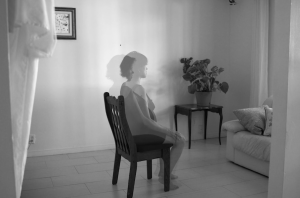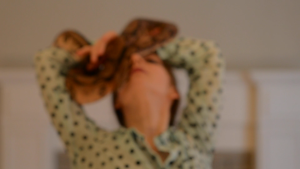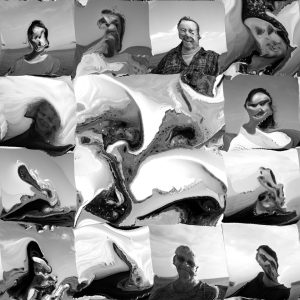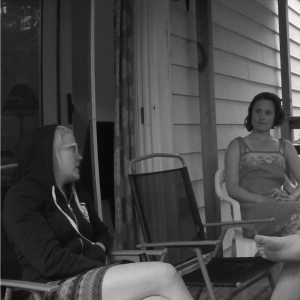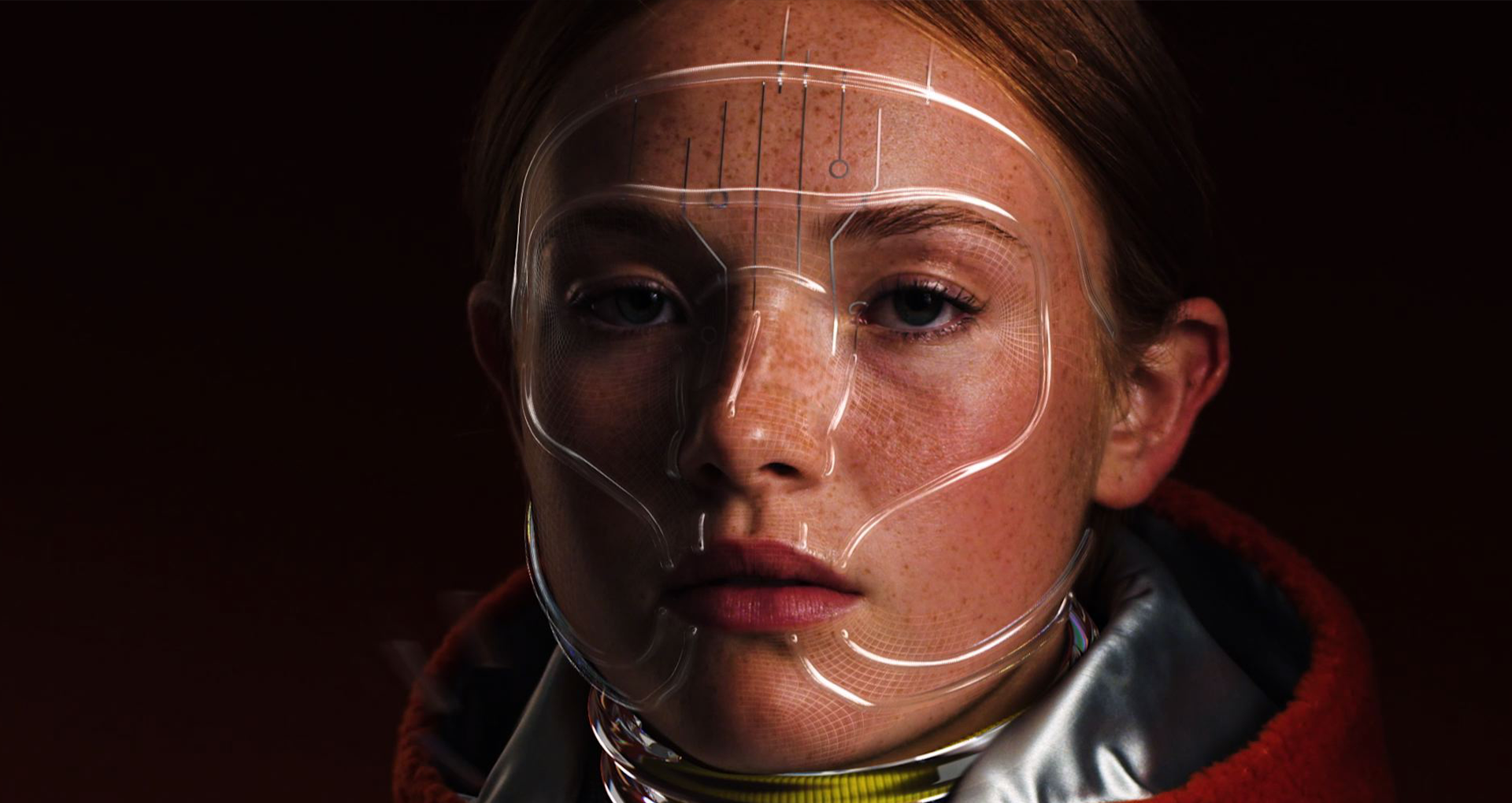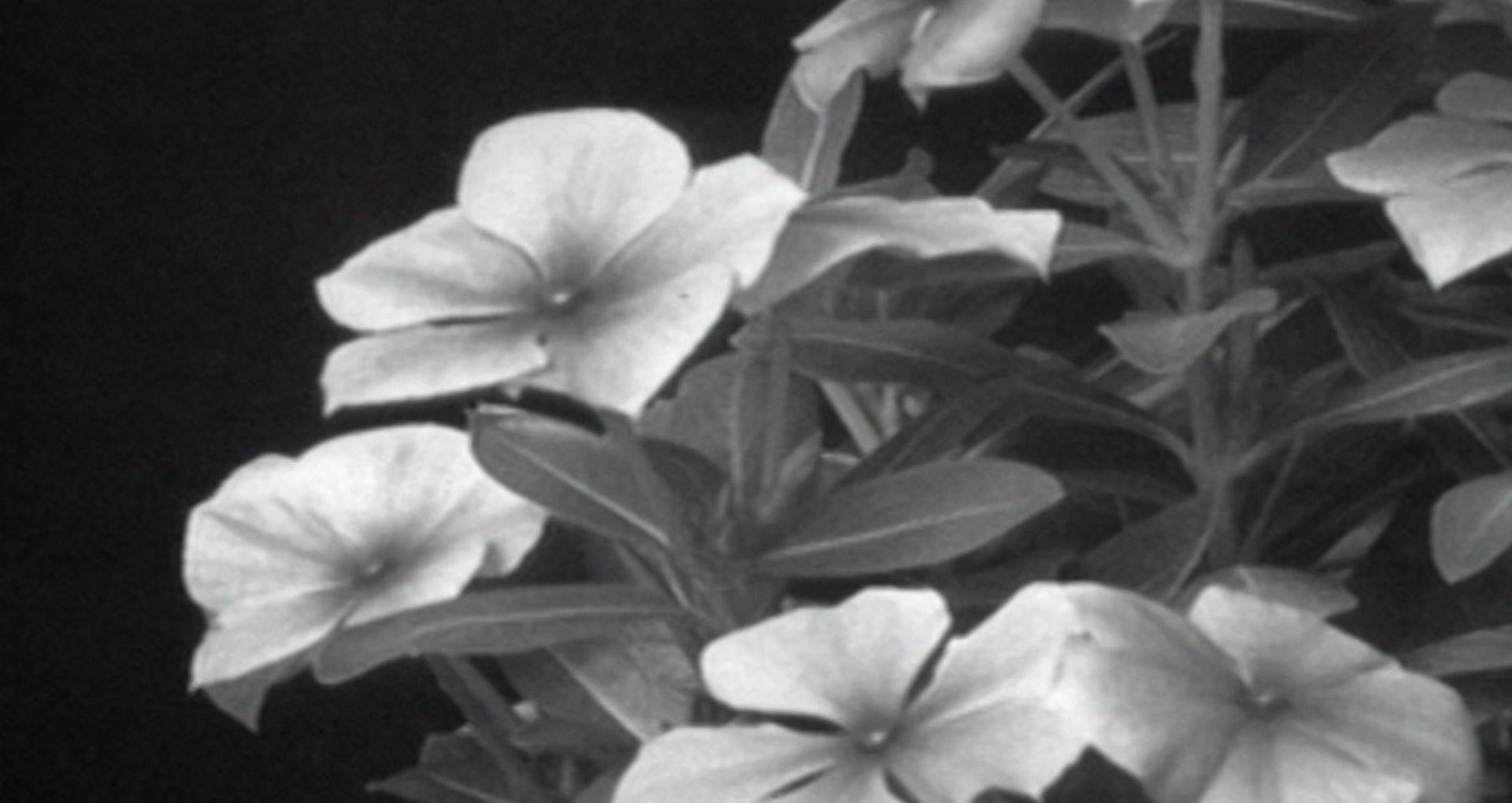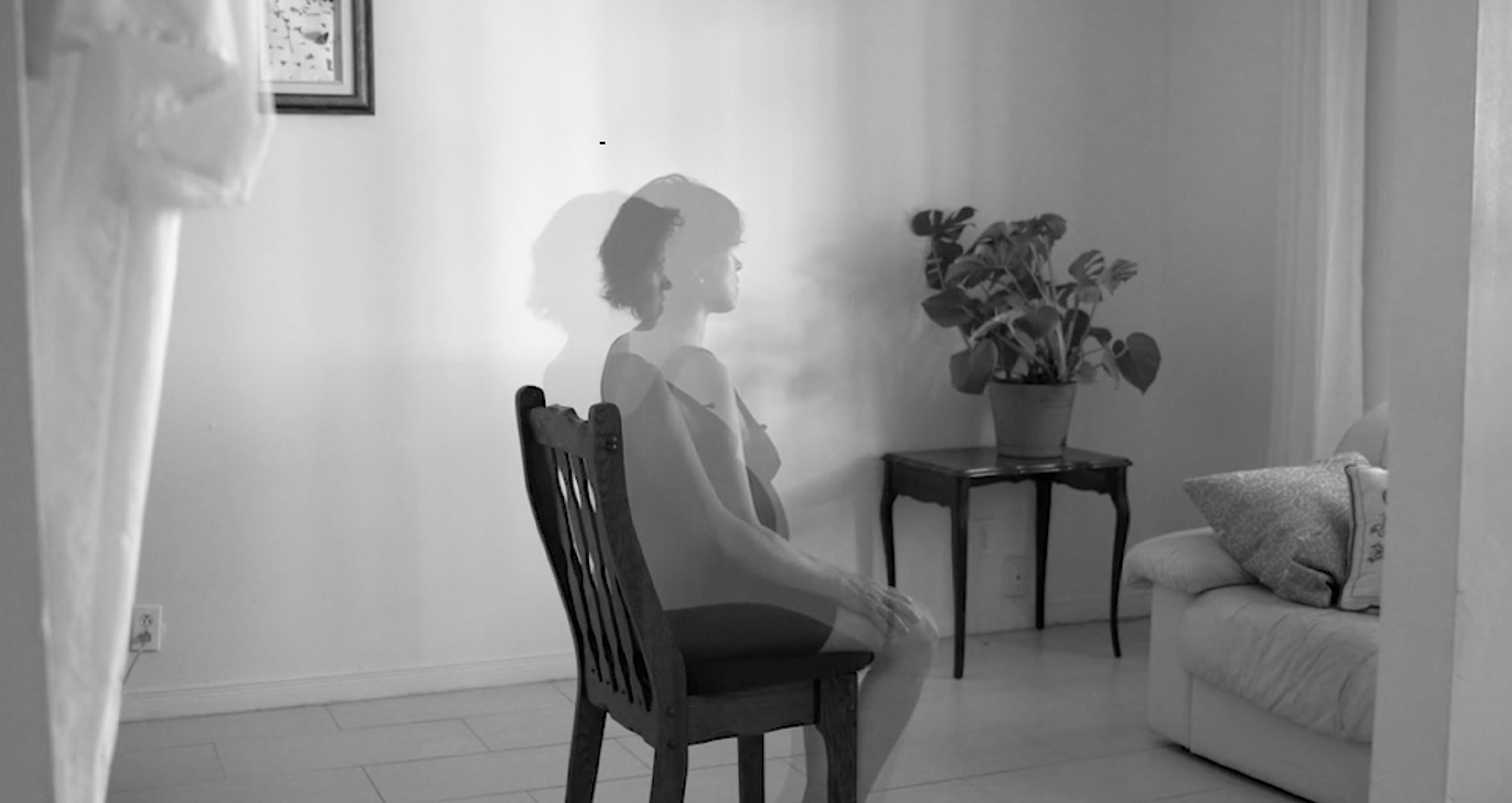
© Marion Chuniaud, Mémoire d'un coprs à travers le temps, 2022
MENTORSHIP PROGRAM 2022-2023
MENTORSHIP
RBC Foundation’s financial support
MENTORSHIP PROGRAM 2022-2023
For a fourth year, Vidéographe gratefully acknowledges RBC’s financial support through the RBC Emerging Artists program. Aimed at facilitating the transition from emerging artist to established artist, this program supports organizations that offer artists the best opportunities to advance their careers.
With this donation renewed for two consecutive years (2021-2022 and 2022-2023), the participants selected for the 2022-2023 edition of Vidéographe’s mentorship program will benefit from sixteen hours of meeting with a professional artist in their field. The Mentorship Program is designed to encourage the professional and artistic development of early-stage artists by helping them develop a new project, explore a new technique, or continue to produce a work in progress.
Artists and projects supported by the 2021-2022 Mentorship Program:
Marion Chuniaud, Memoir of a Body Through Time
MENTOR: Bruno Pucella
PROJECT DESCRIPTION
Bogotá 1990. Bodies in motion roam an “empty, cold and damp” house.
Montréal 2022. A joyful woman dances in her garden. Between the two, 30 years have passed and we hear the voice of a mother talking to her future child.
Memoir of a Body Through Time is a short documentary that explores the artistic and biological creative process of Yesenia, a 40-year-old dancer who is about to give birth for the first time. It draws on Yesenia’s bodily experience to trace her transformation of the last 30 years during which she became a woman free to exist. Shot in 16mm, this film is conceived as a sparse and raw collage of reminiscences of the body marked by time and generations. In a hybrid cinema-dance approach floating between dreamlike and observation, the viewer enters into visual and sound immersion. Object of memory in itself, memory of a body through time questions our perception of the body as a reflection of our intimate stories and as a witness to our metamorphosis.
BIOGRAPHY
Based in Montreal since 2015, Marion has a background in international and intercultural communication (UQÀM). Rapidly, she tapped into her artistic sensitivity and expressed her visions through photography and video.
Her first documentary film Voces Berracas, set in post-war Colombia, paints a portrait of artivists Bogota women in their fight to achieve peace and social justice. In order to hone her skills, she completed in 2020 the documentary program at INIS in Montreal. Her latest experimental short film Statu Quo was presented in Canada and international festivals. Now, Marion collaborates on different projects relating to dance. Passionate about human relations, her work explores the concept of community, belonging, and social change, for a more inclusive society.
Emilie Peltier, Untitled
MENTOR: Guillaume Vallée
PROJECT DESCRIPTION
Using Super 8 film and digital files, this dance film will be inspired by the Italian Giallo to rewrite itself as it is experimentally edited, textured and colorized. The exploration of horror and fetishism specific to the genre will make this experience bewitching and mysterious.
BIOGRAPHY
After living in several countries, Emilie Peltier settled in New Brunswick in 2012. She holds a degree in Communication and Linguistic Sciences, works in the cultural field, and lives according to her usual leitmotiv: observing life around her and exploring the senses and the arts. Whether it be photography, cinema, writing, or printmaking, Emilie self-educates in tandem with her professional activities. Her deafness has an influence on her relationship to the world, drawing her to visual and aesthetic projects often guided by an activist instinct – delving into perceptions, the bizarre, and the connections we share with each other. She has participated in the Media Arts component of the Festival international du cinéma francophone en Acadie (FICFA) on several occasions, creating works in both Super 8 and digital formats. Inspired by the growing number of women in vulnerable situations on the streets of Moncton, she co-directed the short fiction film 54 North in 2019. In the summer of 2020 she directed Matin Ecchymose, an experimental film combining poetry and queerness based on texts by Mo Bolduc and interpreted in French and Quebec Sign Language. She further pursued this venture in 2021 by co-directing a medium-length documentary which brings viewers on a road trip to discover the diversity of d/Deaf people. Emilie now resides in Montreal and is taking a course on disability at UQAM. She is active in a number of organizations as she continues to explore and define her personal and artistic identities.
Annabelle Fouquet, NOS ÉQUATIONS MARINES
MENTOR: Alexis Bellavance
PROJECT DESCRIPTION
Water is the most suitable element to embrace the vague and unstable, to combine currents and contrasts, to receive contrary matters. Paradoxically, water is also a manifestation of calm and constancy. Put into relation with us, water can become a space of projection, a fundamentality of the unconscious, a language to see oneself or to dream deeply.
At the crossroads of anthropology and oceanography, the videographic installation NOS ÉQUATIONS MARINES is the result of a collaboration with the oceanographer Jan Klaus Rieck. It is meant to generate at sensory experience where the visitors simultaneously and indiscriminately perceive the intrinsic movements of water and those of people.
BIOGRAPHY
Water is the most suitable element to embrace the vague and unstable, to combine currents and contrasts, to receive contrary matters. Paradoxically, water is also a manifestation of calm and constancy. Put into relation with us, water can become a space of projection, a fundamentality of the unconscious, a language to see oneself or to dream deeply.
At the crossroads of anthropology and oceanography, the videographic installation NOS ÉQUATIONS MARINES is the result of a collaboration with the oceanographer Jan Klaus Rieck. It is meant to generate at sensory experience where the visitors simultaneously and indiscriminately perceive the intrinsic movements of water and those of people.
Andréanne Martin, Le journal du polyamour
MENTOR : Nelson Henricks
PROJECT DESCRIPTION
After a romantic breakup, the artist questioned her relationship ideal. In order to nourish her reflections, she wondered if there were other relationship modes than monogamy. In the course of her research, she discovered polyamory. She also found that media representations of polyamorous relationships were not numerous and were mostly sensationalist. She wanted to conduct her own investigation with the conviction that it could be useful to others. She therefore went to meet psychologists, sexologists and polyamorous people. These meetings with people from various backgrounds took place in Montreal’s parks, cafés and apartments. She documented these encounters with a camera, a tape recorder and a journal. The polyamory diary is a video-documentary installation based on the documentation of this research.
BIOGRAPHY
Andréanne Martin is an experimental filmmaker and media artist. She is interested in the catalytic effect of the camera in provoking encounters and in performative and engaged audiovisual documentary practices. She is a graduate student in research-creation in experimental media at UQAM. Her research project is a transdisciplinary work that explores the subversive and emancipatory potential of wandering and travel. It interrogates a series of performative experiences of wandering around the world that she documented with a camera, a sound recorder and a journal. As part of this project, she traveled on the Trans-Siberian Railway from Moscow to Beijing and she also wandered in Morocco following the footsteps of the beatniks. In 2021, as part of the collective project Cinéphonie initiated by Spira, she scripted Horizon, a work that explores in a playful way and under the theme of magic realism, the effects that mobile communication technologies have on our way of relating to what surrounds us. In 2020, in collaboration with communication researchers at UQAM, she directed Beijing, distributed by GIV and presented at FCVQ, a film that explores the link between China’s social credit system and the trivialization of surveillance around the world. In 2018, she co-directed Chloe Comma, a documentary road movie that was presented at La soirée de la relève Radio-Canada at RIDM, but also in several other film festivals, including Paris, Los Angeles, Mumbai, Moscow and Belgrade.




